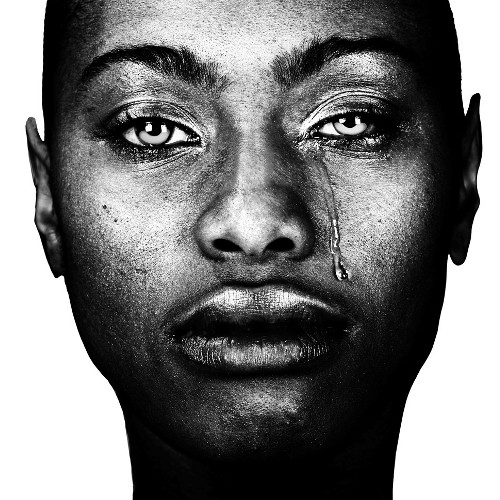
Melanoma is a less common type of skin cancer that forms from melanocytes, skin cells that contain pigment. When people of African descent are afflicted with melanoma, they are affected with a more aggressive version of the disease. According to the Skin Cancer Foundation, people of African descent diagnosed with melanoma have a five-year survival rate of 77% versus a 91% survival rate for whites. Acral lentiginous melanoma is the most common form of melanoma for Blacks and Asians and it disproportionately affects darker-skinned individuals.
According to the Washington Post,
ALM, while rare overall, primarily strikes people of color — African Americans, Asians, Pacific Islanders and Hispanics — and it can be lethal. The disease is most often found on the palms, nail beds and soles of the feet. These are areas of the body that have less pigment and receive less exposure to the sun; they also are locations people are most likely to ignore. Reggae musician Bob Marley died in 1981 at age 36 from ALM, initially thought to have been a soccer bruise under his toenail.
“This is a deadly form of skin cancer which disproportionately afflicts blacks and can behave more aggressively,’’ says Suraj Venna, director of the Melanoma and Cutaneous Oncology Center in the Washington Cancer Institute at MedStar Washington Hospital Center. “The way to combat this is to educate people from these communities, as well as their health-care providers.’’
ALM can arise in skin that appears to be normal, and it can develop within a mole. It often starts as a slowly enlarging flat patch of discolored skin and is sometimes mistaken for a stain. At first, the malignant cells are found within the outermost layers of the skin, but the cancer later can become invasive. The thicker the melanoma, the more likely it is to metastasize and become life-threatening.
Experts don’t know why ALM overwhelmingly affects people of color or why it usually shows up in less-pigmented areas of their bodies.
It’s clearly important for all people of color, no matter what their skin tone, to be vigilant of possible signs of skin cancer. Share this information with friends and family and if you suspect something, don’t hesitate to have yourself checked out.

